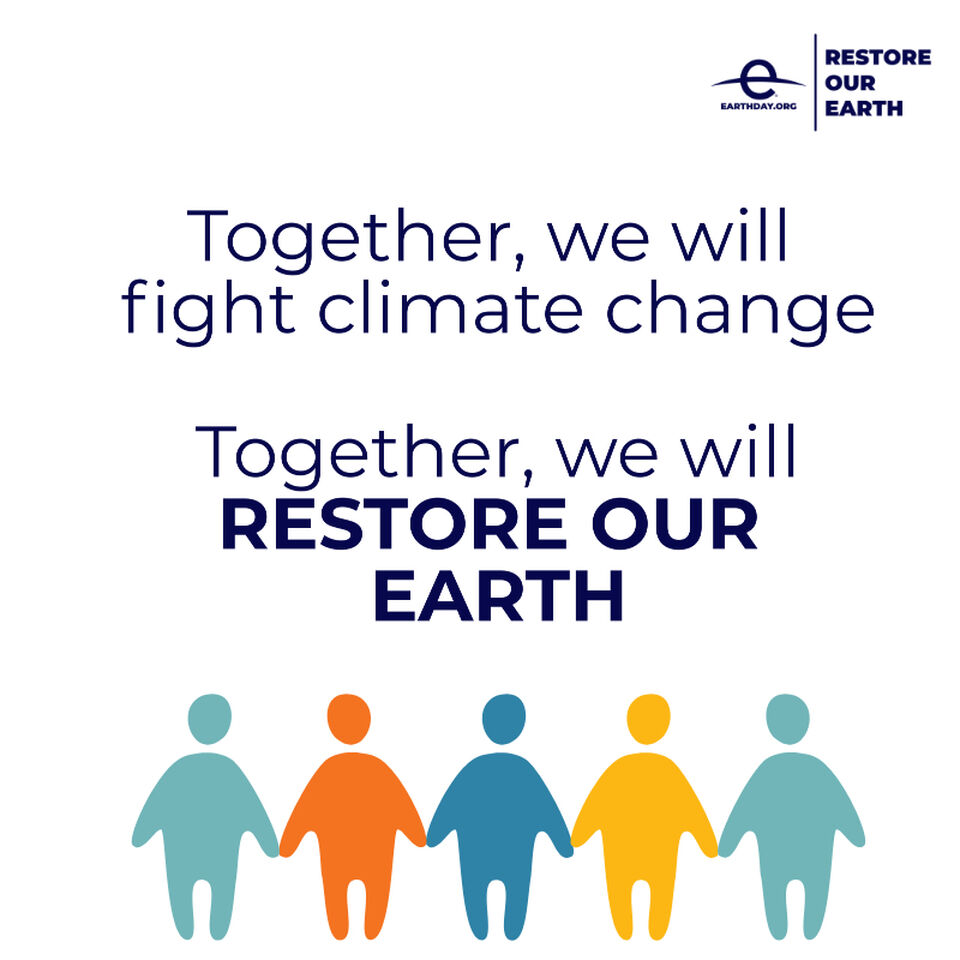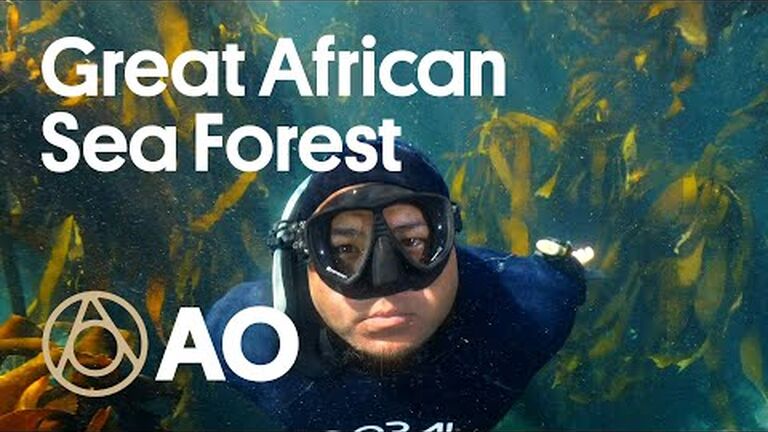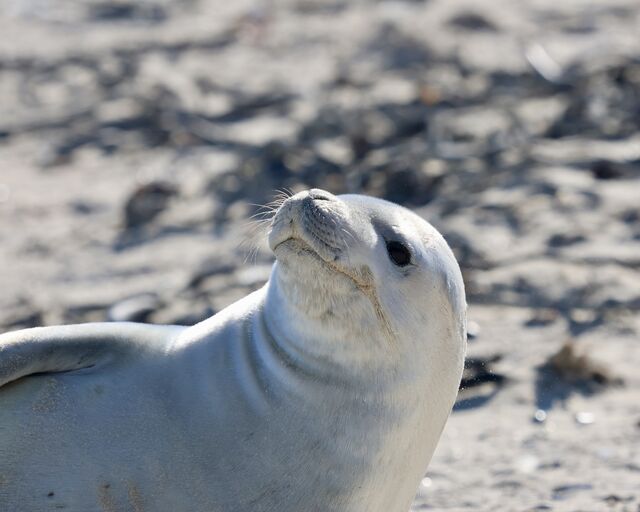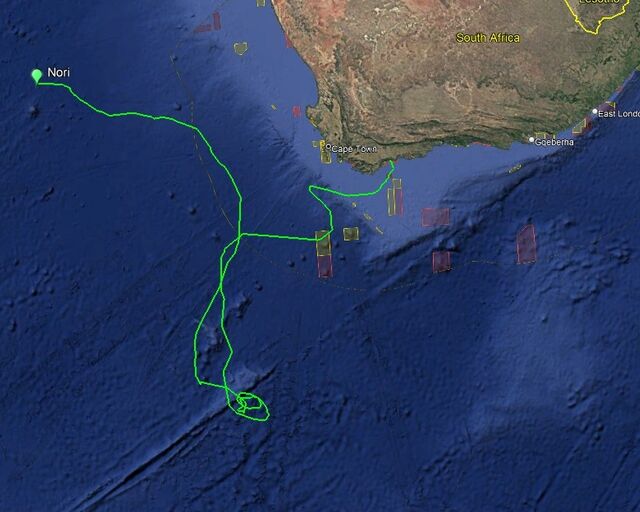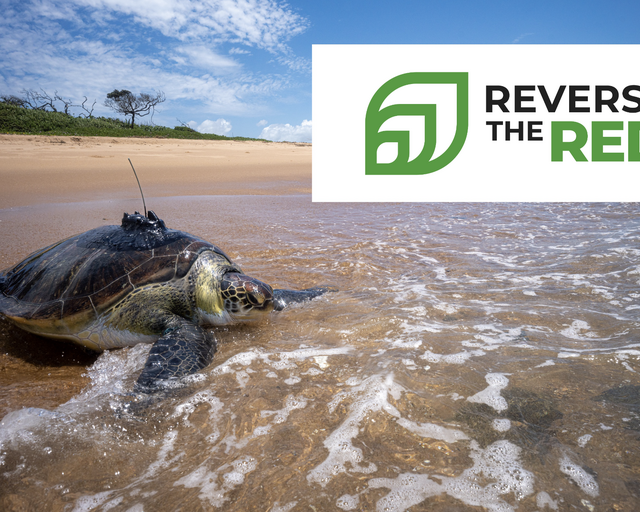It's not just animals and plants that depend on healthy ecosystems - they are vital for humans too. Conservation alone is no longer enough to preserve our natural heritage, that's why for Earth Day 2021 we are talking about "Restoring Our Earth", working towards ecosystem recovery for the good of all. Ecosystems improve our quality of life as humans, enabling us to grow and harvest food in a sustainable way, providing sinks for greenhouses gases that we inevitably produce, and provide us with pleasure and a connection to the natural world - this allows you to have a better quality of life, and will allow the next generation to enjoy one too.
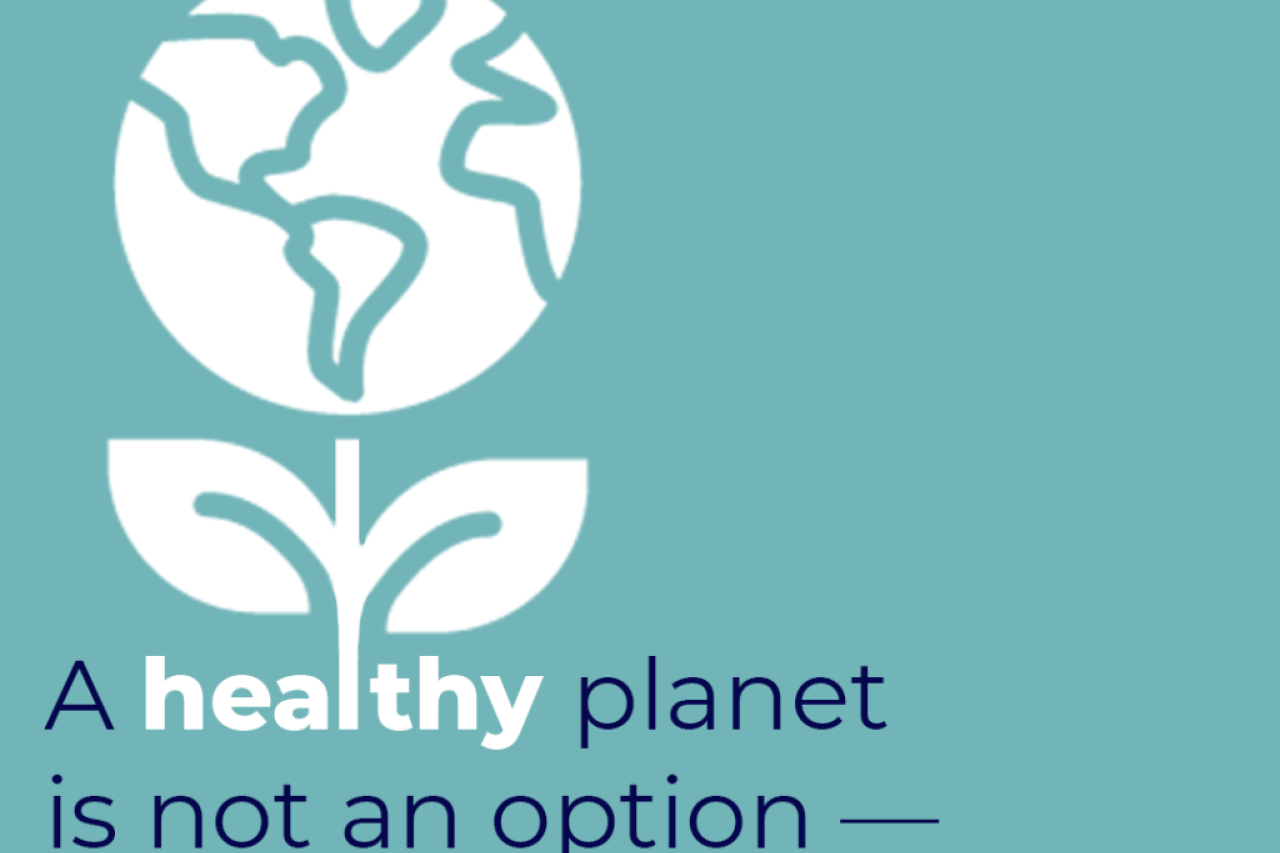
Unfortunately, recent estimates indicate that only 3% of habitats remain intact - that means humans have altered, and usually damaged, 97% of Earth's ecosystems. As you no doubt know, huge efforts are being made to reforest areas, and plant new trees as a climate change mitigation measure, but that is not the same as solving the problem of restoring ecosystems - a robust and resilient ecosystem is one that can handle environmental stresses because it has a wide diversity of life. While healthy forests that support a diversity of life are important, they are just one challenge in the road to restoring our world.
Let's take a look at three ecosystems that protect our human way of life, how they can be restored, and the role they play in restoring our Earth:
Kelp Forests
Aquarium fans no doubt recognise the beauty of kelp forests, like the small one we keep in our Kelp Forest Exhibit. But what you may not know is that this incredible group of seaweed is crucially important to human and wildlife wellbeing.
Kelp forests act as a buffer for changing environmental conditions, particularly those associated with climate change, and help to balance the coastal marine ecosystem and make it more resilient. The benefits of healthy kelp forests aren't just good for animals - they are good for humans too. They serve as storm baffles, making waves smaller and less energetic and protecting coastlines from erosion. Kelp forests were recently found to take up almost twice the carbon that was originally thought of (more than 20x more than similarily sized forests on land, adding up to over 600 million tonnes of CO2 annually) - making them an important tool to combat climate change (the ocean has already absorbed 40% of all the carbon humans have emitted). The safety that kelp forests offer to young and coastal fish makes them ideal breeding grounds, and when sufficiently protected, can provide sustainable jobs and food for well-managed shore fisheries.
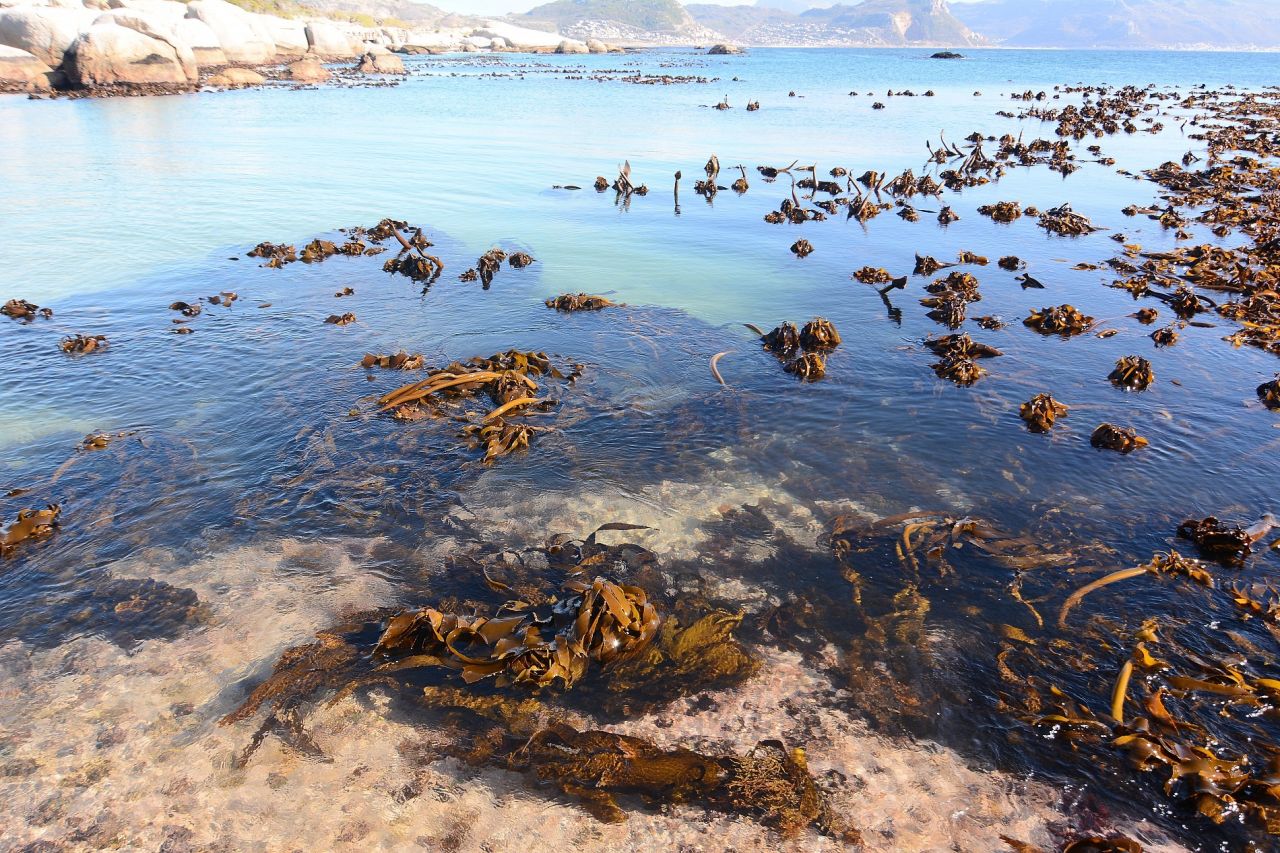
Protecting existing kelp forests, like the Great African Sea Forest, and restoring damaged and destroyed kelp forests which are usually a result of overfishing of species that in turn consume the animals that eat kelp, such as the restoration projects on the coasts of California and Australia.
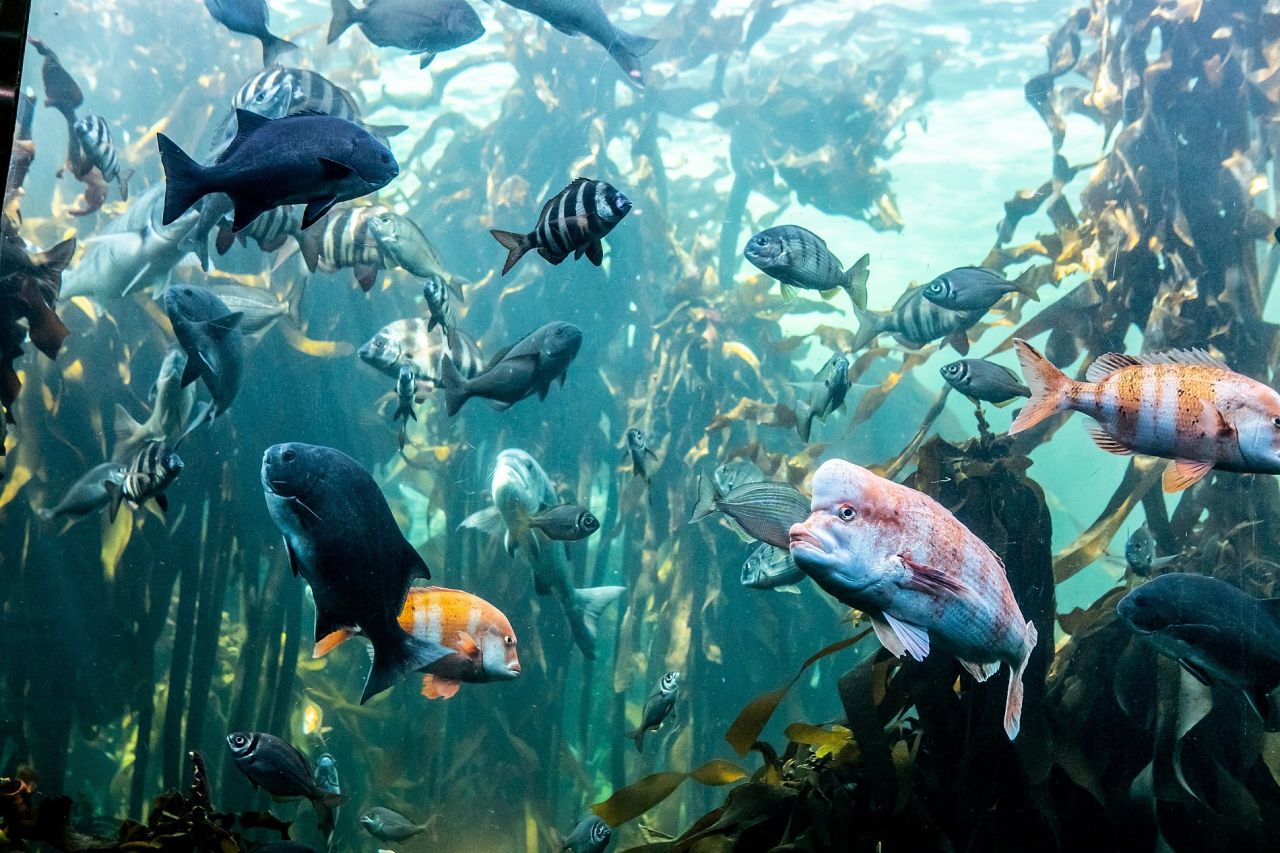
Wetlands
There is no doubt among environmental scientists that wetlands are one of the most important terrestrial ecosystems, providing resilience to wildlife and protecting human settlements. Unfortunately, more than 87% of all-natural wetlands have been completely destroyed.
Wetlands are actually pretty vital to human civilisation! Wetlands serve as buffers against flooding, they filter particulate matter out of rivers and improve the quality of freshwater fishing. They provide temporary water storage, allowing regions to become more robust during periods of drought, allow groundwater to recharge more effectively and prevent erosion of valuable topsoil. And wetlands are vital for the natural world too, providing vital nursery grounds for juvenile fish, feeding and watering grounds for herds of animals, and migration stop-offs for many species of birds. In other words, wetlands are pretty important to healthy cities and healthy ecosystems.
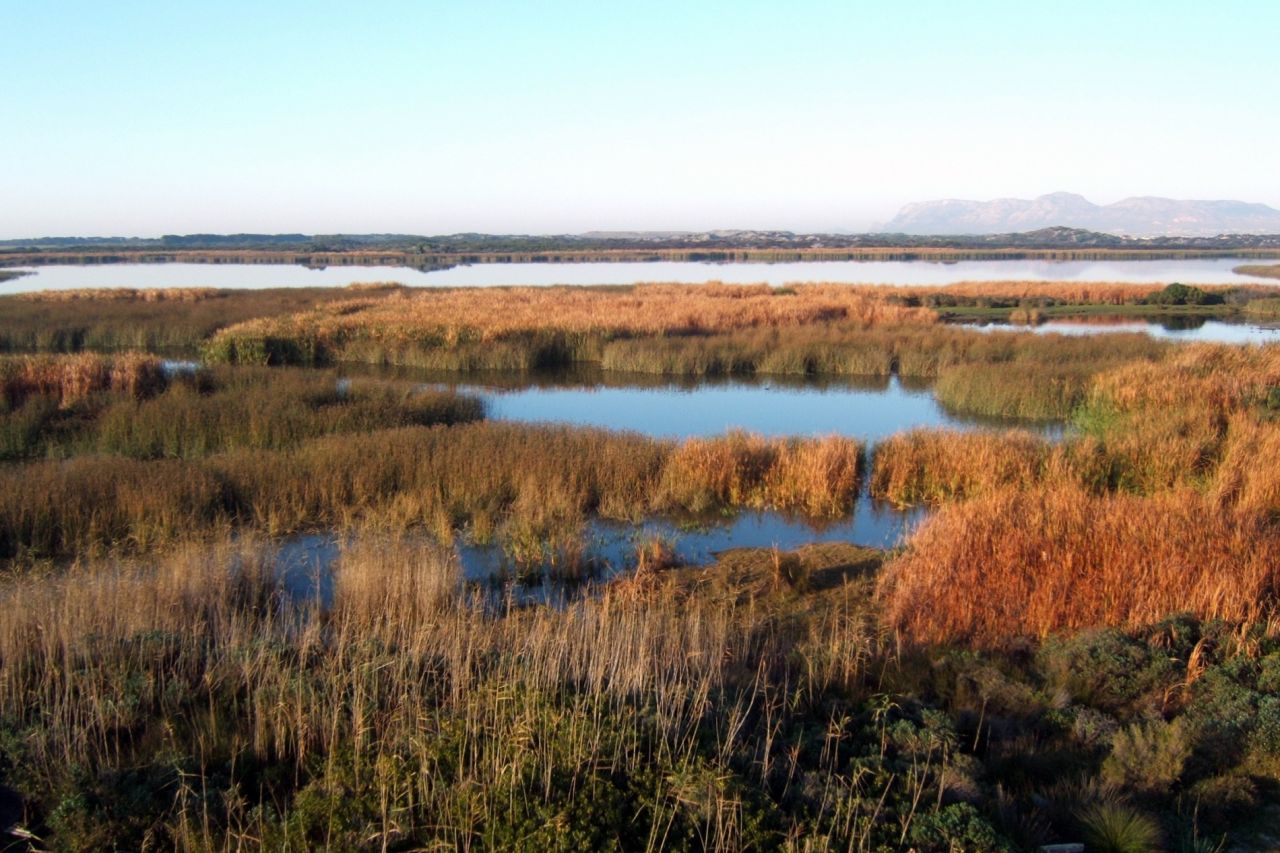
By restoring wetlands and the rivers and coastal environments connected to them, our cities reap huge benefits. We've seen incredible job creation and community upliftment thanks to the Working For Water campaign here in South Africa, and further abroad we've seen examples of wetland restoration preventing coastal flooding in Vietnam and the Philippines, and food security in Iraq improving thanks to the restoration of destroyed wetland regions.
Open Ocean
The open ocean and high seas are areas that are often out of public thought and are not something that we think typically of as an "ecosystem". We know that there are many animals out there, but we also tend to imagine these vast open spaces as mostly empty, where we can endlessly dump our waste and trawl fish from. As we are increasingly learning, these immense open spaces are not infinite and are not featureless.
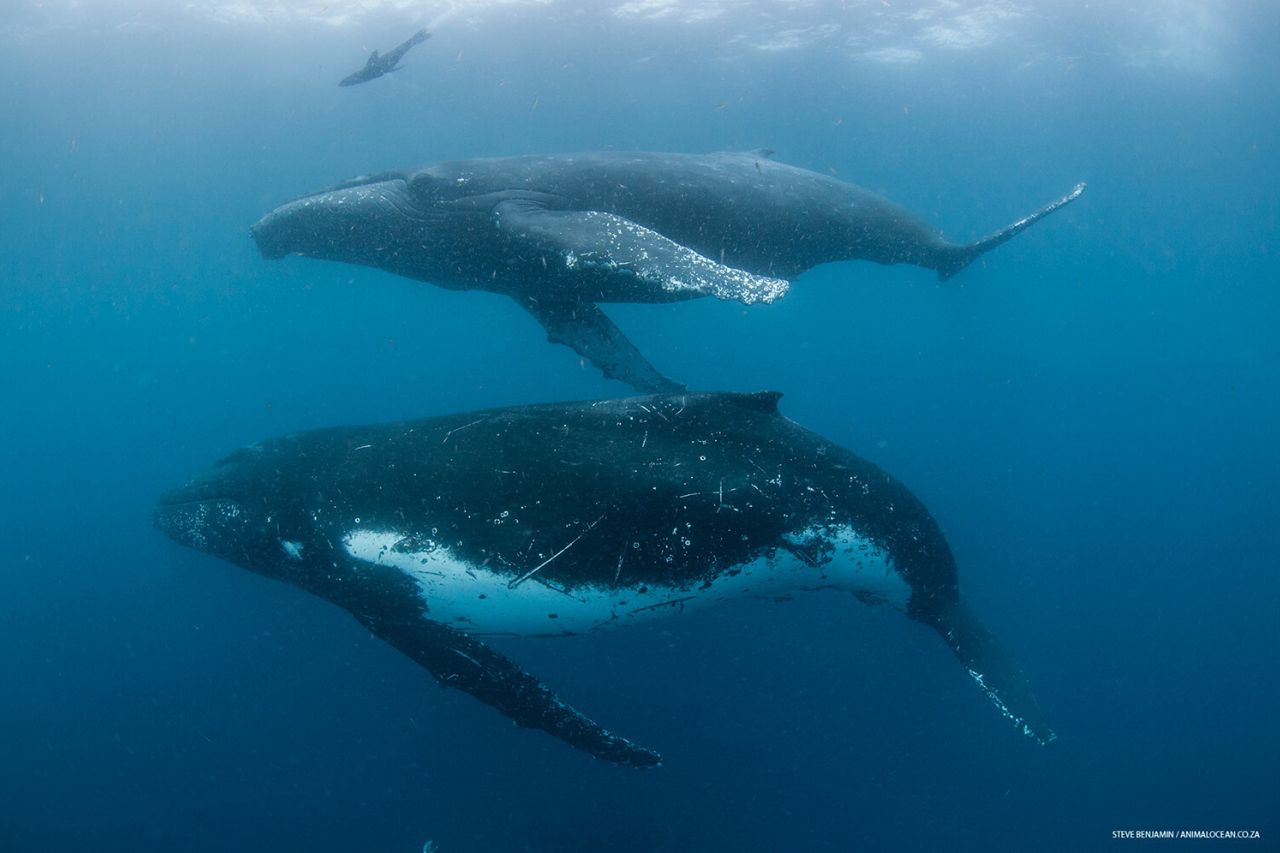
"The open ocean may be vast but it’s not limitless. Under that glassy expanse, the pelagic environment is more than empty blue water. It’s streaked and spotted with migratory thoroughfares and breeding grounds for marine mammals, turtles, fish, and seabirds. Thousands of miles from shore, the sea still thrums with life." - Society for Conservation Biology, National Geographic
The above quote sums it up beautifully - the vastness of the ocean provides safety and opportunity for animals and connects the various ecosystems that life on Earth depends on. From commercially important freshwater eels that travel thousands of kilometres to breed in ocean gyres and the tiny microorganisms that produce up to 85% of our oxygen, to predatory fish like tuna that thrive on the abundance of life in these open waters and whales that consume billions of tons of krill in their lives, before eventually returning those nutrients to the distant seafloor. The open ocean is the intersection point of life that we depend on for food, air, and climate stability.
Marine ecosystems are often dynamic enough to restore themselves if humans give them the space to do so. With this in mind, the establishment of Marine Protected Areas across the globe has been a positive first step in protecting this vital ecosystem, and for ensuring that humans can continue to enjoy the ocean's bounty in a sustainable way. South Africa currently has 42 Marine Protected Areas, protecting 5% of our territorial waters, but there is still much work to be done, both here and internationally, with the ultimate goal being the protection of the high seas - the 64% of earth's ocean that lies outside of countries' territory and is currently not protected (although the UN is working on changing this).
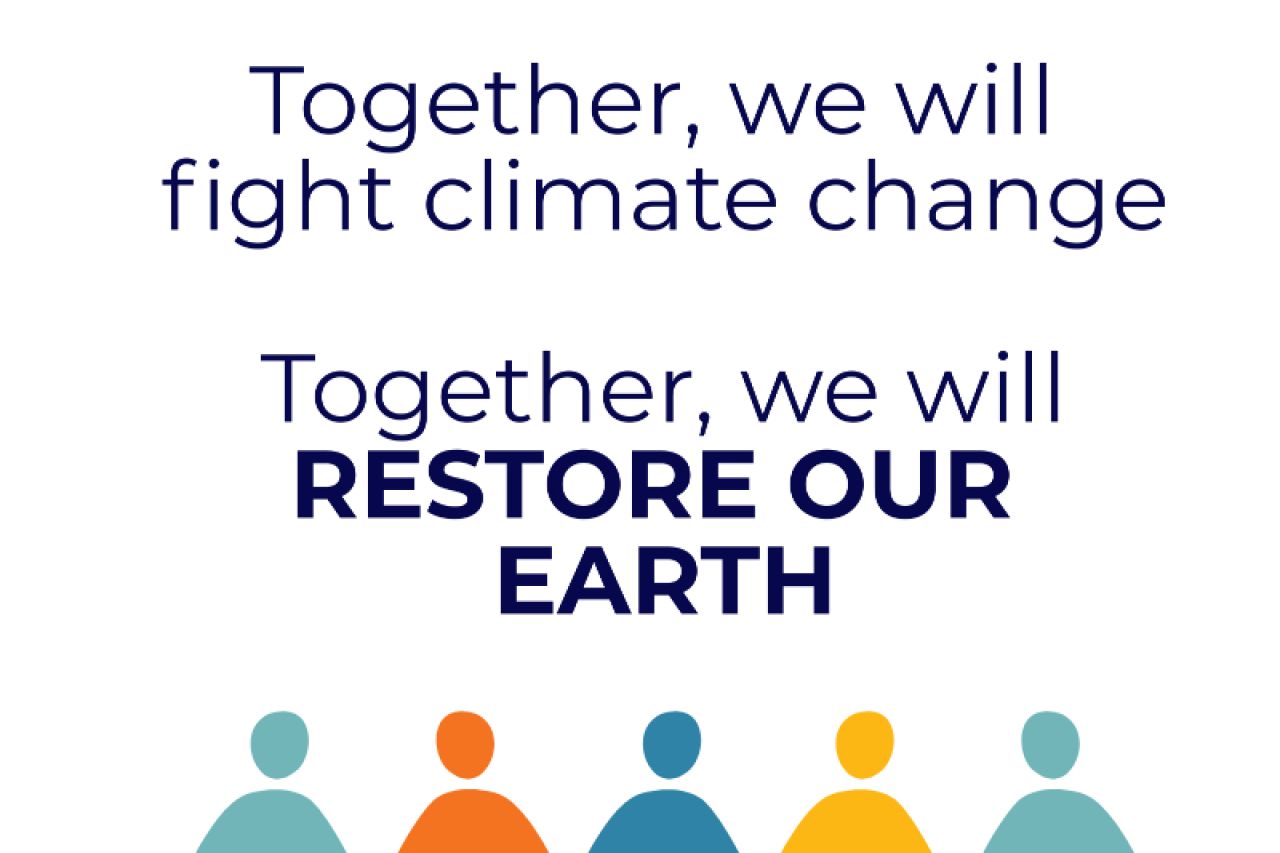
No matter how disconnected you think you are from nature, your quality of life does depend on healthy ecosystems. So, this Earth Day, become aware of the need to restore our Earth and its ecosystems - this is the natural infrastructure that will allow us, and future generations to enjoy a sustainable and excellent quality of life (and help wildlife in the process)!
